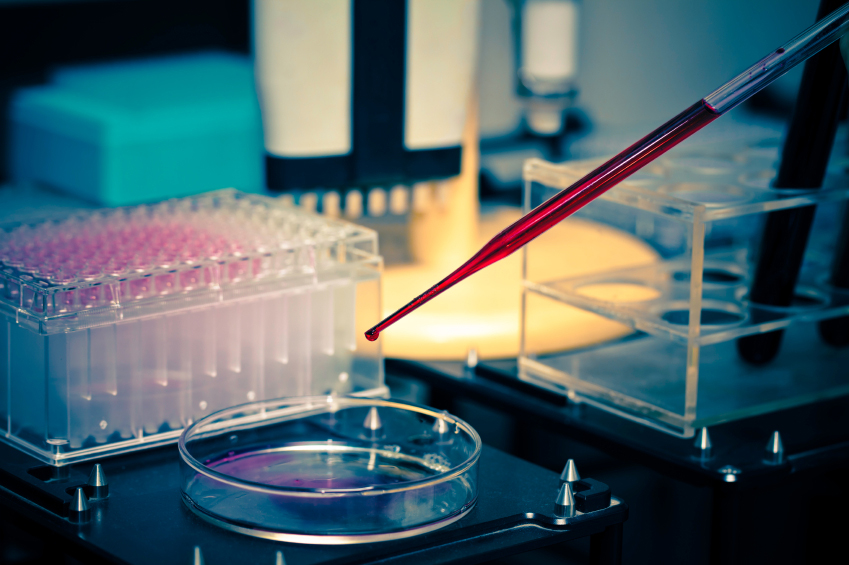Former NASA employee, Josiah Zayner, “has become the biohacker on everyone’s lips” after experimenting on himself. Following the transplantation of faecal matter in 2016, he talked about “injecting himself with a CRISPR system allegedly capable of boosting the genes that produce tyrosinase – an enzyme necessary for melanin production”. However, it didn’t work as planned: “My skin should have tanned. I saw nothing. Either I didn’t use enough or it wasn’t transported to the cells,” explains the 36-year old man. Finally, in October, during a conference on synthetic biology in San Francisco, “he injected his forearm to alter the genes in his muscle cells” in an attempt to “see his muscles swell”. However, “nothing has happened yet,” he tells us.
Josiah Zayner studied at Chicago University, in the laboratory led by Luciano Marraffini, “one of the pioneers of the CRIPR genome editing system”. Then whilst at NASA, he used CRISPR to “develop bacteria capable of breaking down plastic”. But although “the research inspired him”, he wasn’t satisfied with the company set-up. He therefore created The Odin, a start-up financed by crowd funding, which employs a team of four in “an illegal laboratory“. The company markets CRISPR kits to “make the genome editing tool universally available”. “Ranging from $28 for the basic version to $159 for the full set of equipment”, it suggests “various experiments – the most common one involves modifying the DNA of a bacterium to change its colour. The most advanced experiment modifies yeast in order to develop fluorescent brewer’s yeast”. Every day, around twenty orders are dispatched to schools, beginners’ clubs or “enthusiasts” across the United States.
Initially motivated by Georges Church, “Harvard Professor and a leading light in synthetic biology”, the biohacker divides public opinion. For Sam Sterneberg, biochemist at Berkeley University , “what he does with the kit is remarkable. It’s a way of fuelling public interest in science. But I’m far more reserved about his last experiment. The science must be rigorous. Making people believe that they can develop muscles without doing any sport is wrong. Does he really believe it?”
Le Monde, Nathaniel Herzberg (27/11/2017)

